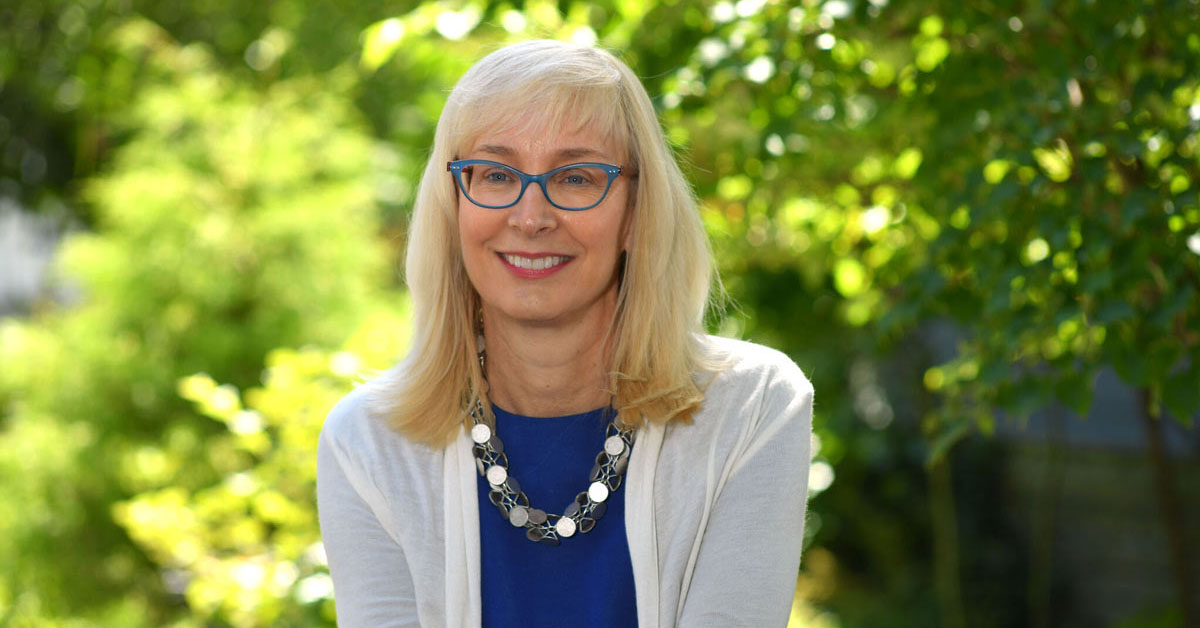Mindful education

Wheaton is in demand. This year, the college welcomed 538 new students, the third largest group of incoming students in Wheaton’s history. This success continues a remarkable trend. At a time when enrollment is declining at many institutions, Wheaton has seen a 68% increase in applicants for admission since 2019, steady growth in overall enrollment, and continued improvement in the high school GPA of enrolled students, with an average now of 3.72.
Key to these results is the breadth of academic choices that we offer students within the flexible Compass Curriculum that allows for double majors and minors. Our programs range from the arts, business and biology to film, philosophy, psychology and language study, not to mention new majors, such as nursing, design, marketing, finance, digital media and communication and criminal justice, restorative justice and criminology. Wheaton’s emphasis on experiential learning: WheaGo, sophomore experiences, semester in the city, summer entrepreneurial internships, faculty-led study away, and applied liberal arts programs further expands students’ options.
This academic array presents a potential challenge to students: how to choose. Making the most of all that Wheaton offers requires not only expert guidance from faculty and staff but also ongoing reflection by students, considering their interests and experiences now and their goals for the future. Doing this well can be learned, and this learning will benefit students during their undergraduate career and long afterward. We seek to ensure that it is an integral part of the Wheaton educational experience.
To that end, and building on the successful Filene Center, Wheaton opened the new Life and Career Design Institute (LCDI) this summer. The idea for this new organization emerged from the Experiential Learning Task Force, a brainstorming group of alumni leaders, trustees, faculty and staff that I convened shortly after I joined the Wheaton College community. The group was charged with developing bold and detailed recommendations for transforming the college’s historic emphasis on experiential learning into a signature program that brings together varied offerings into a holistic, integrated plan that extends from matriculation through graduation and beyond.
In keeping with that goal, the institute offers the job and internship search guidance that students previously found in career services, but it does so within the context of a broader, more ambitious and more impactful mission: offering students a holistic and integrated approach to their learning, their experiences and their planning—in and out of the classroom.
This integrated approach to life and career planning is inspired by the concepts detailed in the book, Designing Your Life: How to Build a Well-Lived, Joyful Life by William Burnett and David Evans. The institute’s offerings adapt the principles of design thinking to aid students in charting their own learning path at Wheaton and after college. It’s an individualized and collaborative process that is rooted in self-reflection and consideration of all aspects of a person’s life, interests and goals. In fact, the expansive scope of life and career planning will enable the institute to offer its services eventually to alumni as well as students.
Sean Schofield, Ph.D., our inaugural assistant vice president for life and career design, joined the college in July. He and the entire team at the institute immediately jumped into the effort. In fact, they held their first life design session for a group of incoming STEM students in late July. They sponsored workshops for other cohorts, including student leaders and athletes, as well as open sessions and classroom visits. Two events in October attracted many students: The Goldman Sachs day in residence and the student Experiential Learning Poster Session visited by staff, faculty and families.
Beyond workshops and public sessions, the institute’s staff is working one-on-one with students, helping them to make informed decisions about curricular
choices, campus clubs and organizations, and experiential learning opportunities that align with their personal values and goals. LCDI staff are joining me for the dinners with seniors that I am holding.
The institute’s quick start reflects another great strength of the institute’s design: its integration into Wheaton’s programs. Rather than standing alone, the Life and Career Design Institute is designed to collaborate with campus partners. For example, the institute will work with faculty and Academic Affairs to support curricular initiatives like the Sophomore Year Experience and study away, thereby extending the opportunities for experiential learning. Other partnerships include coordinating with Student Affairs to help students learn more from their extracurricular activities and partnering with Advancement to elicit student opportunities from alumni and parents.
This is an effort that will embrace every part of our community, which seems fitting. The vision for establishing the institute came from the community, and realizing its goals will require community-wide participation. Already, a small group of generous alumni and friends have provided funds to get the LCDI off to a fast start. As the program grows, we will look for additional support to ensure its long-term sustainability.
In addition, the institute plans to reach beyond campus, engaging alums, parents, and business and nonprofit leaders in building a network for life and career connections. Wheaton alums are uniquely positioned to help current students envision how to pursue their interests after graduation. Many are eager to offer advice, connections for internships and job opportunities, and mentorship. And I know from talking with alums across the country there is great excitement about being involved with students in these ways and in networking together.
Through cooperative effort, the Wheaton community empowers students with the tools to choose their professional and personal goals wisely, thereby creating lives of meaning, purpose and satisfaction. That will be the ultimate realization of the college’s vision of educating “students for purposeful, abundant lives and evolving
careers.”
